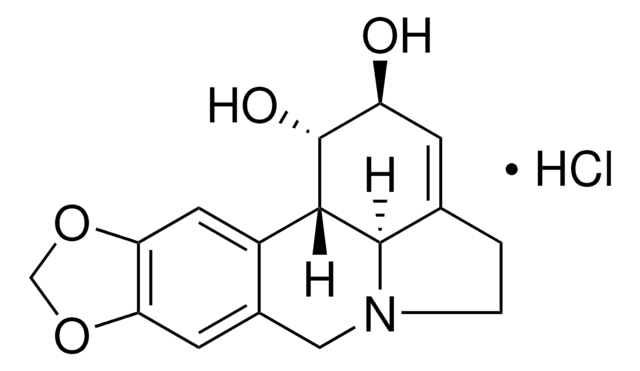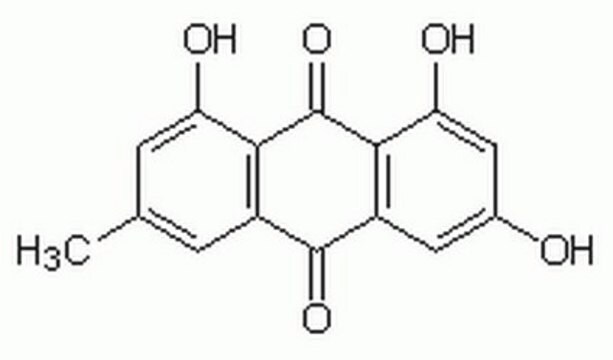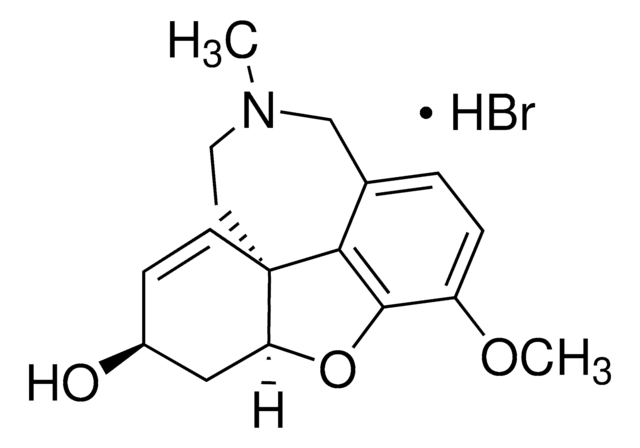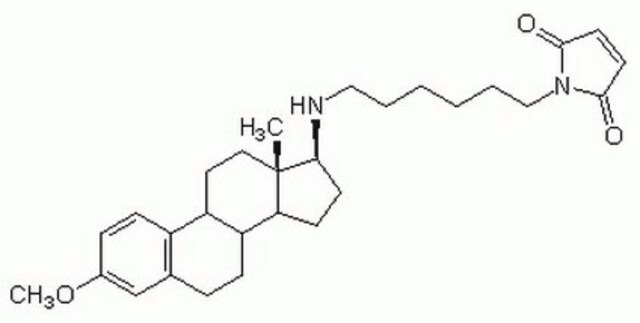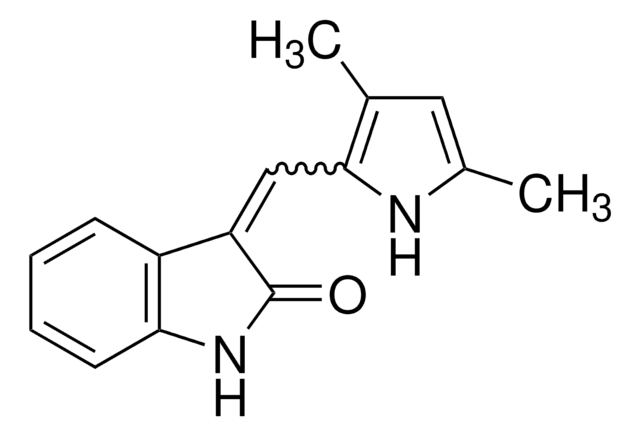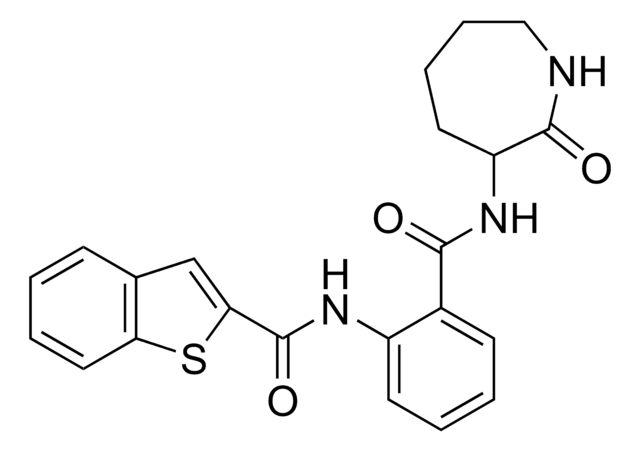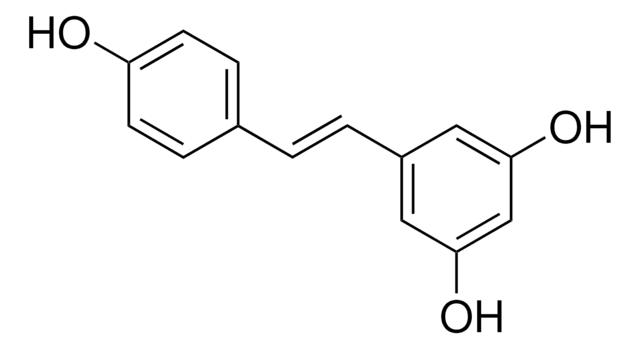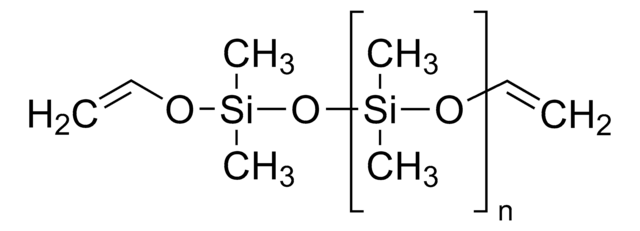L5139
Lycorine hydrochloride
powder, ≥98% (TLC)
Sinonimo/i:
Licorin hydrochloride, Lychorine chloride, Lycorine HCl
About This Item
Prodotti consigliati
Nome del prodotto
Lycorine hydrochloride, ≥98% (TLC), powder
Livello qualitativo
Saggio
≥98% (TLC)
Stato
powder
Punto di fusione
210-212 °C
Solubilità
ethanol: 10 mg/mL, clear, colorless to very faintly yellow
Temperatura di conservazione
2-8°C
Stringa SMILE
Cl.O[C@H]1C=C2CCN3Cc4cc5OCOc5cc4[C@H]([C@@H]1O)[C@@H]23
InChI
1S/C16H17NO4.ClH/c18-11-3-8-1-2-17-6-9-4-12-13(21-7-20-12)5-10(9)14(15(8)17)16(11)19;/h3-5,11,14-16,18-19H,1-2,6-7H2;1H/t11-,14-,15+,16+;/m0./s1
VUVNTYCHKZBOMV-NVJKKXITSA-N
Cerchi prodotti simili? Visita Guida al confronto tra prodotti
Azioni biochim/fisiol
Avvertenza
Avvertenze
Danger
Indicazioni di pericolo
Consigli di prudenza
Classi di pericolo
Acute Tox. 3 Oral
Codice della classe di stoccaggio
6.1C - Combustible acute toxic Cat.3 / toxic compounds or compounds which causing chronic effects
Classe di pericolosità dell'acqua (WGK)
WGK 3
Punto d’infiammabilità (°F)
Not applicable
Punto d’infiammabilità (°C)
Not applicable
Dispositivi di protezione individuale
Eyeshields, Faceshields, Gloves, type P2 (EN 143) respirator cartridges
Scegli una delle versioni più recenti:
Possiedi già questo prodotto?
I documenti relativi ai prodotti acquistati recentemente sono disponibili nell’Archivio dei documenti.
I clienti hanno visto anche
Il team dei nostri ricercatori vanta grande esperienza in tutte le aree della ricerca quali Life Science, scienza dei materiali, sintesi chimica, cromatografia, discipline analitiche, ecc..
Contatta l'Assistenza Tecnica.

